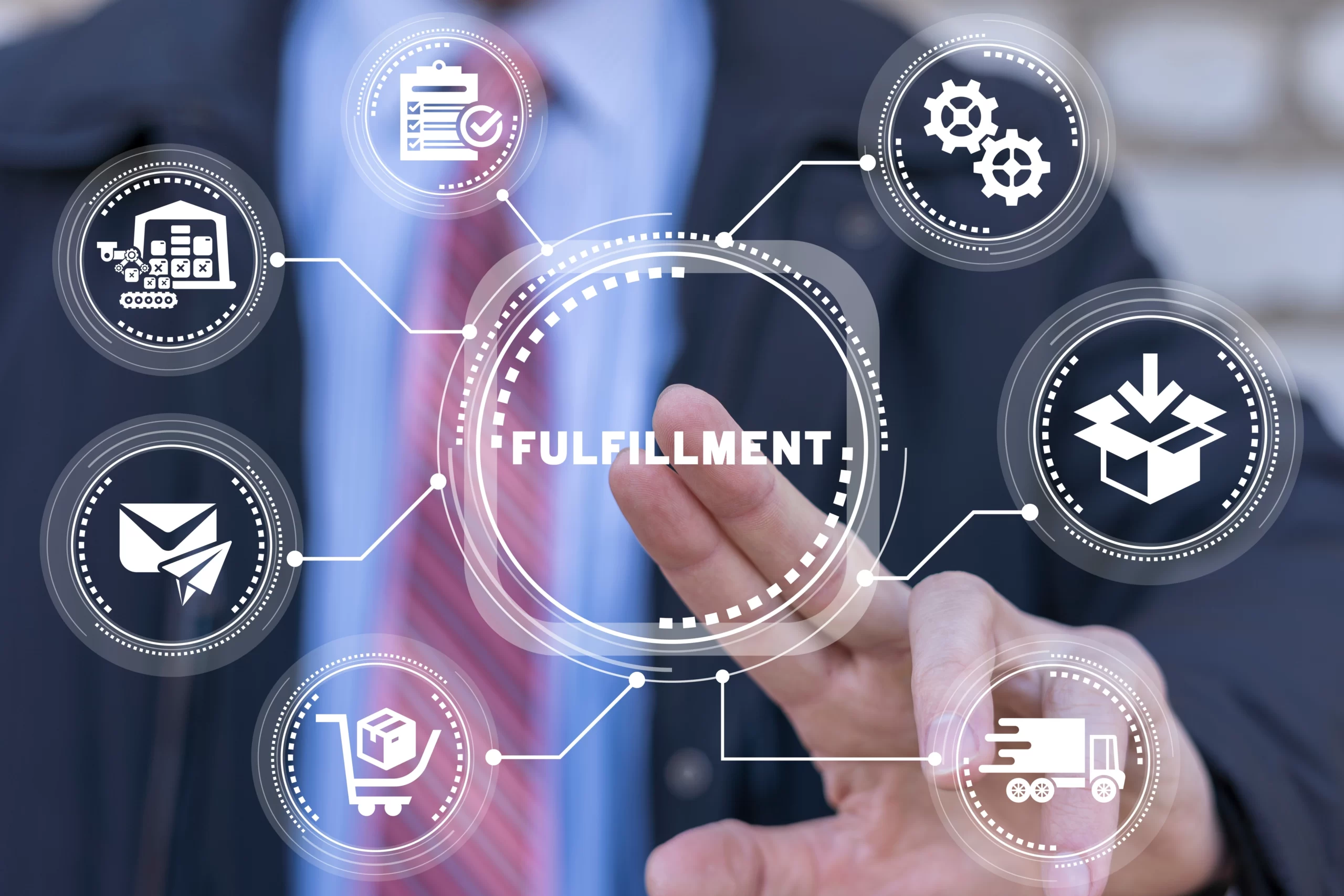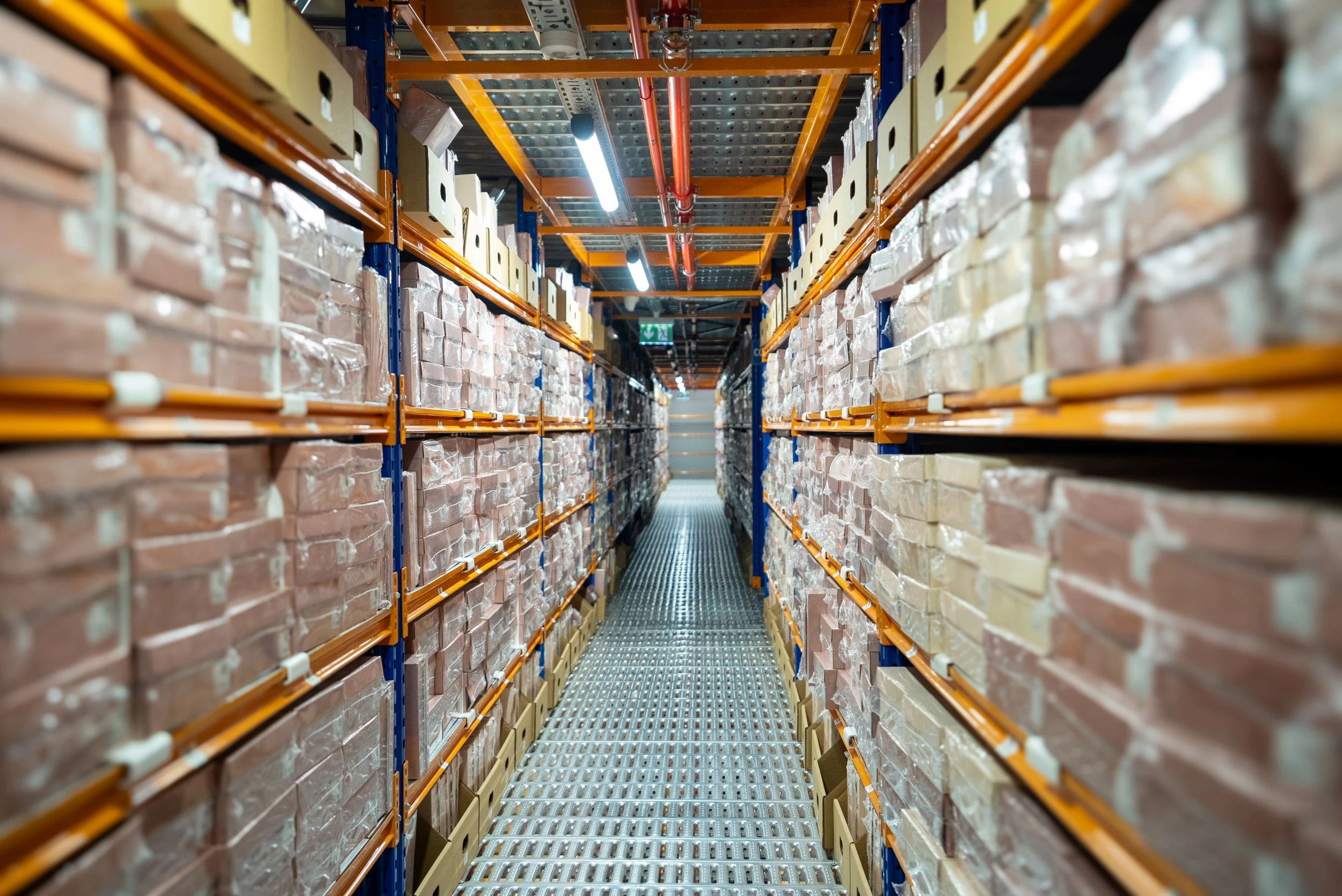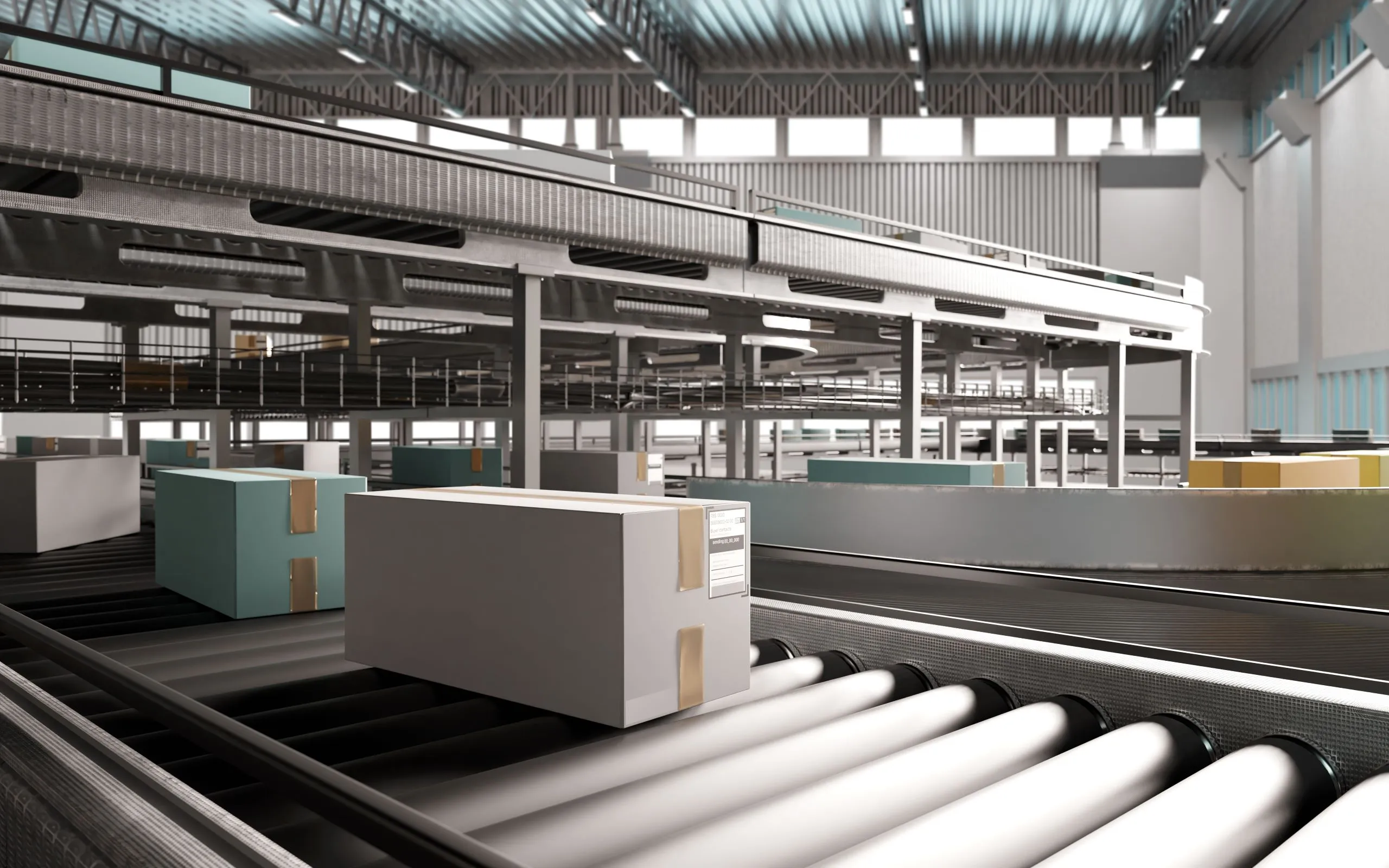In commercial or logistical terms, the term “fulfillment” refers to the entire process of storing, packaging, and delivering orders for businesses engaged in e-commerce. A fulfillment service encompasses all the logistical and operational processes from storage, packaging, and delivery to customer satisfaction for e-commerce businesses. Fulfillment service is also defined in the industry as post-purchase operations, e-commerce logistics, or order fulfillment.
In this article, we will provide answers to the questions of what fulfillment is and how it is done in general terms for fulfillment services. If you are ready, we will begin sharing these essential pieces of information that anyone involved in e-commerce will need.
Before we begin, we will briefly answer some of the frequently asked questions about fulfillment to guide you.
Who is the fulfillment service suitable for?
The fulfillment service is suitable for anyone looking to optimize e-commerce costs, improve customer experience, expand into global markets, strengthen operational processes, develop strategies, and increase sales.
What do I get when I receive fulfillment services?
With fulfillment services, you gain a comprehensive process that includes packaging online orders, labeling them, shipping, delivering to customers, handling returns, and managing customer service.
How can I receive fulfillment services?
Fulfillment is the consolidation of all operational processes of e-commerce into a single system, and there are professional providers who carry out this work. As fiCommerce, we also provide comprehensive support for fulfillment services.
What is fulfillment?
The word “fulfillment” in English means “carrying out” or “completion.” Generally, it refers to the execution of a task or commitment. For e-commerce companies, increasing order volumes and product variety bring the necessity of managing operational processes. With growing business volumes, fulfilling all orders quickly and accurately can become challenging. Fulfillment steps in at this point,offering solutions by managing this entire challenging operational process from A to Z.
Is fulfillment advantageous?
Nowadays, most e-commerce businesses prefer to obtain fulfillment services from service providers. This is because fulfillment services enable e-commerce businesses to experience a faster and smoother process in order fulfillment, packaging, labeling, and shipping. With quick and hassle-free delivery, they earn positive impressions from their customers. E-commerce companies that use fulfillment services experience reduced workload, lowered operational costs, and prevention of disruptions in operational processes.
fiCommerce recommends: Don’t forget that you can get fulfillment services from fiCommerce for your e-commerce business! Click the link to explore our customized solutions!
What are the stages of fulfillment?
In e-commerce, the fulfillment process begins when an online sales order is received and continues until the order is delivered to the customer. There are specific stages in this process. All these stages are interconnected, and when they function flawlessly, you achieve success in e-commerce. The stages to success are as follows:
1. Storage and inventory management
Warehouse and inventory management is the most important initial stage of the fulfillment process. E-commerce businesses store and manage their inventory in a way that meets the needs of the products ready for sale. The areas used as warehouses typically contain tools such as shipping equipment, packaging materials, and inventory counting devices.
2. Order receipt
Customers place orders for products or services through e-commerce marketplaces or the business’s websites. The order details include important information such as customer details, product information, quantity of products, and delivery address.
3. Order picking
It is the gathering of products listed in the order. All parts of the products in the order must be collected completely. Since multi-part products may be stored in different locations, it is important to ensure that all parts of the ordered product are gathered completely.
4. Order packaging
It is the process of packaging the gathered products using appropriate and secure packaging materials. For example, products that are fragile during shipping should be packaged with ‘fragile’ warnings. Packaging must be suitable for the product to prevent any damage during shipping. Additionally, if requested, the product can be packaged as a gift. Gift notes, thank you notes, promotional items, brand or product inserts, etc., can also be added to the package upon request.
5. Labeling and preparation
Packages are labeled with customer address, shipping information, and barcode details. This stage is crucial for ensuring accurate delivery.
6. Shipping and delivery
Packages are sent using the chosen shipping method (e.g., courier or cargo). A tracking number is provided to the customer to inform them about the delivery process, allowing them to track the status of their order. Additionally, instead of relying on a single shipping company, multiple shipping companies can be used based on factors such as sales volume and the distribution network of the shipping company.
7. Delivery and customer service support
After the customer receives the product, the delivery process ends. Customer support should provide comprehensive assistance throughout this process and after the delivery, answering customer questions and guiding them through possible returns or product exchanges via email, call, or message.
8. Return and exchange processes
When a customer wants to return or exchange a product, this process is carried out according to the return conditions, and the customer is refunded.
All these stages constitute the basic fulfillment process. E-commerce businesses should use technological tools, data analytics, and strategic planning methods to optimize this process and ensure customer satisfaction. Managing each of these processes involves significant workload and costs for e-commerce businesses.
Related content: If you would like to continue learning about fulfillment processes, you can also check out our article on why you should get fulfillment services.
BOOST YOUR SALES WITH FULFILLMENT SOLUTIONS
Contact us to grow your e-commerce business, expand into global markets, and receive end-to-end solution support.





